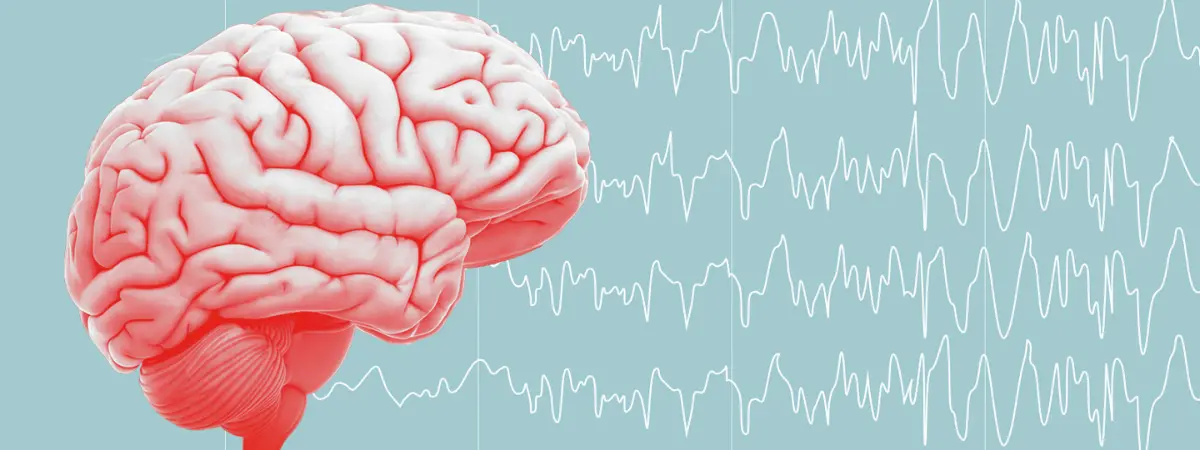Working Time
Book Appointment

Alzheimer's disease, a progressive neurodegenerative disorder, poses a significant challenge to both patients and their loved ones. In this vlog, we'll delve into the intricate details of Alzheimer's, shedding light on its causes, symptoms, stages, and available treatment options. It's crucial to recognize the crucial role that specialists like Dr. Venkata Harin Reddy play in providing direction and support to those struggling with this complex condition as we set out on this journey.
Causes of Alzheimer's:
Understanding the causes of Alzheimer's is a critical first step. While the exact etiology remains elusive, genetic factors, age, family history, and lifestyle choices all contribute to the risk of developing Alzheimer's. People with Alzheimer's often have abnormal protein deposits in their brains, such as beta-amyloid plaques and tau tangles. These deposits stop nerve cells from talking to each other and cause them to slowly break down.
Symptoms of Alzheimer's:
The symptoms of Alzheimer's disease can manifest subtly initially, making early detection challenging. Common early signs include memory loss, confusion, difficulty in problem-solving, and challenges with language. As the disease progresses, individuals may experience personality changes, difficulty completing familiar tasks, and a decline in overall cognitive function. Recognizing these symptoms is crucial for seeking timely medical intervention.
Stages of Alzheimer's:
Alzheimer's disease is generally categorized into three stages: mild, moderate, and severe. In the mild stage, individuals may experience slight memory lapses and difficulty concentrating. As the disease progresses to the moderate stage, memory loss becomes more pronounced, and daily tasks become increasingly challenging. In the severe stage, individuals lose the ability to communicate, recognize loved ones, and perform basic self-care.
Treatment Options:
While there is no cure for Alzheimer's, various treatment options aim to manage symptoms and enhance overall quality of life. Medications such as cholinesterase inhibitors may help improve cognitive function temporarily. Additionally, memantine may be prescribed to regulate glutamate activity in the brain. Non-pharmacological interventions, including cognitive therapy, occupational therapy, and lifestyle modifications, also play a crucial role in supporting individuals with Alzheimer's.
The Role of the Neurophysician:
In the intricate landscape of Alzheimer's disease, having a compassionate and knowledgeable expert like Dr. Venkata Harin Reddy is invaluable. As a specialist in neurology, Dr. Reddy brings both expertise and empathy to the table, guiding individuals and their families through the challenges posed by Alzheimer's. His patient-centered approach ensures tailored care, addressing not only the physical symptoms but also the emotional and psychological aspects of the condition.
Conclusion:
Alzheimer's disease is a complex and challenging condition that requires a comprehensive approach. By understanding its causes, recognizing early symptoms, and navigating through its various stages, individuals affected by Alzheimer's can receive the support they need. The expertise of professionals like Dr. Venkata Harin Reddy serves as a beacon of hope, offering personalized guidance and contributing to an improved quality of life for those impacted by Alzheimer's. As we continue to unravel the mysteries of this disease, the collaborative efforts of healthcare experts play a crucial role in supporting individuals and fostering a community of understanding and empathy.
Recent Posts
Navigating Life with Neuropathy: Embracing Normalcy and Hope

Read More
Understanding Migraines: Unraveling the Complex Web of Headache

Read More
Beyond the Stereotypes: Unraveling the Complexity of Epilepsy

Read More
Nourishing the Mind: The Impact of Diet and Exercise on Brain Health

Read More
Rest Assured: 3 Practical Coping Mechanisms for Insomnia

Read More
Unlocking Relief: Your Guide to Botox in Neurological Treatment

Read More
